
Support. Do not punish!
In June 2019, dozens of cities in the EECA region hosted the campaign «Support. Do not punish». Activists took to the streets to publicly protest against repressive drug policies.

In June 2019, dozens of cities in the EECA region hosted the campaign «Support. Do not punish». Activists took to the streets to publicly protest against repressive drug policies.
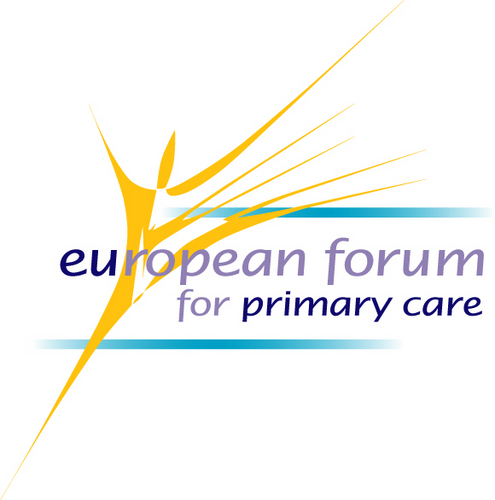
Anke van Dam, executive director of AFEW International has been elected as member of the advisory board of the European Forum of Primary Care.
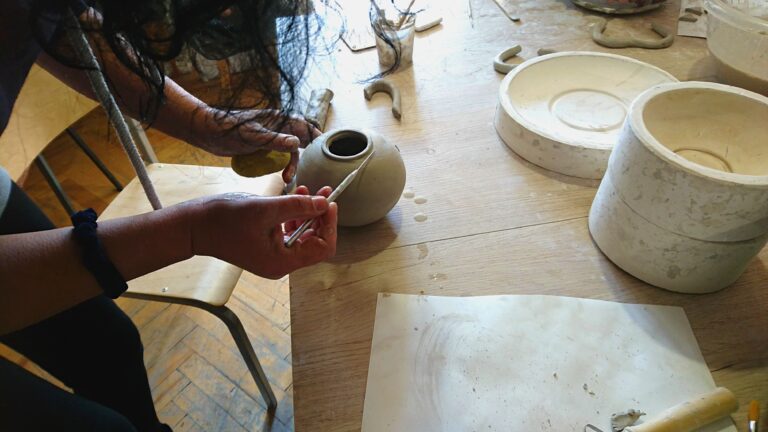
The life story of Nana, a mother of 4 children, includes 27 years of drug use experience, three years in prison, and endless employment problems. Today, Nana is an active member of the Women’s Club, created in Tbilissi, Georgia, by the Tanadgoma – Center for Information and Counseling on Reproductive Health in the framework of the project “Bridging the Gaps: Health and Rights for Key Populations”.
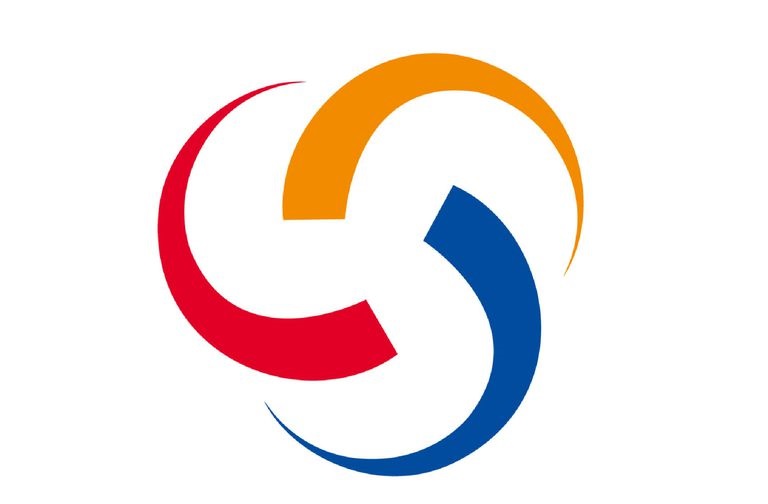
The Coordination Committee for the prevention and control of HIV/AIDS in Russian Federation, responsible for oversight and coordination of the implementation of the Global Fund grants in Russia, called on the Global Fund to allocate funding to support civil society organizations in their fight against HIV epidemic in Russia for the next three years.

Abstract submission for EECA INTERACT 2019 is closed.

AFEW International and AFEW Kazakhstan have taken the first step in implementing the Anti-Stigma project in Dushanbe, Tajikistan.
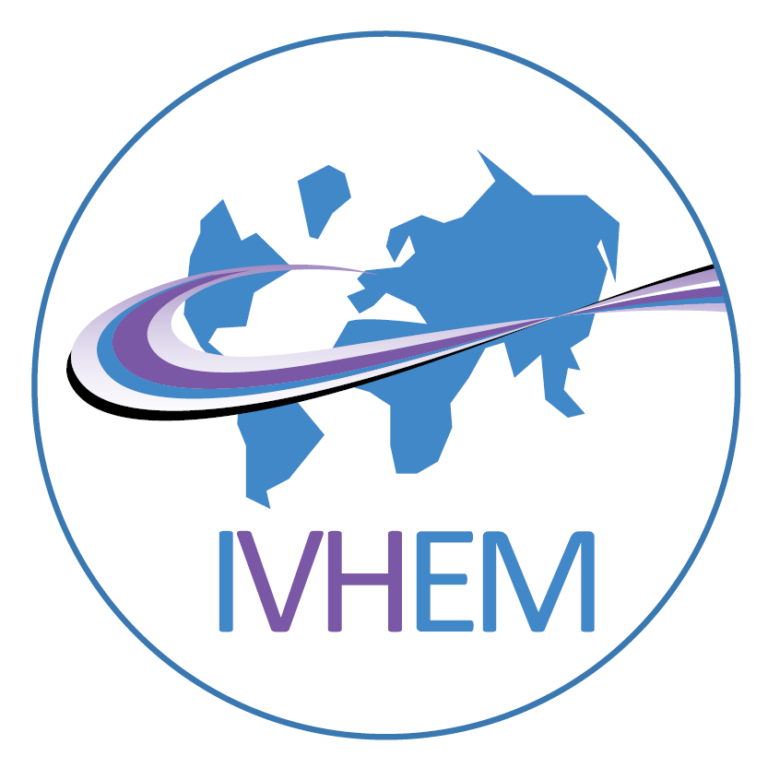
On the 22 – 23 November 2019 The International Viral Hepatitis Elimination Meeting (IVHEM) will take place in Amsterdam.
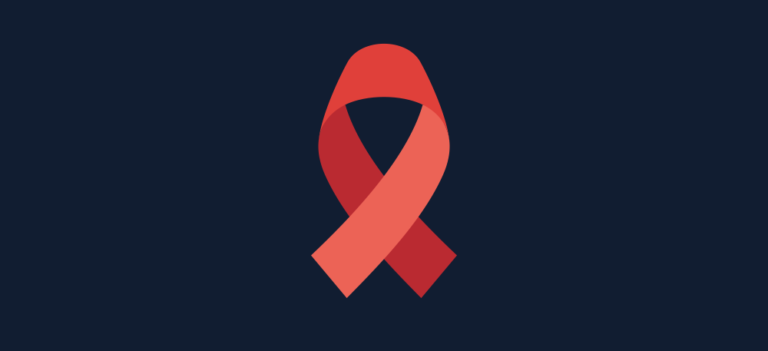
Since July 19, 2019, a new version of article 157 “Transmission of Human Immunodeficiency Virus” of the Criminal Code of Belarus has been enforced. Despite the approved amendments to this article, it still contributes to vulnerability of the key populations, in particular serodiscordant couples (where one of the partners has HIV).
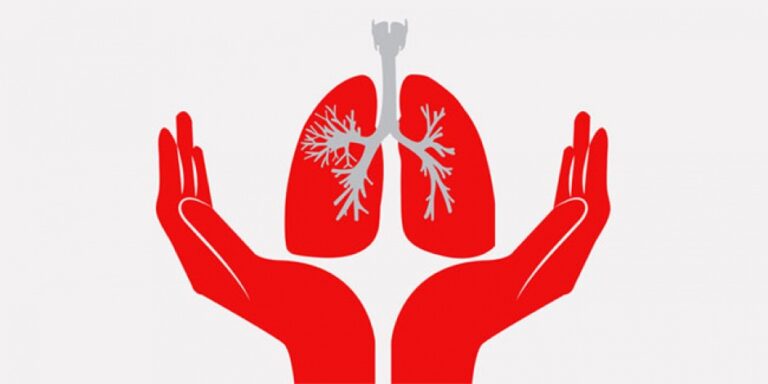
In Atyrau, Kazakhstan, the incidence rates of tuberculosis among children (0-14 years old) and adolescents (15-17 years old) are significantly higher than the national average: the incidence of tuberculosis in 2017 here is 1.5 times higher than the average around the country.
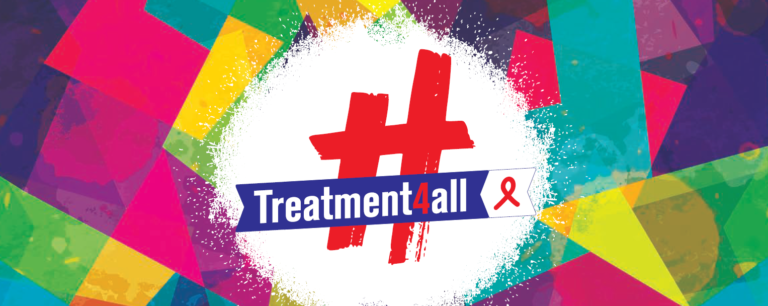
AFEW International joined a major mobilization campaign #Treatment4all by association Solidarité Sida, which aims to raise awareness among the general public and challenge political decision-makers about the urgent need to take action against the three major pandemics.